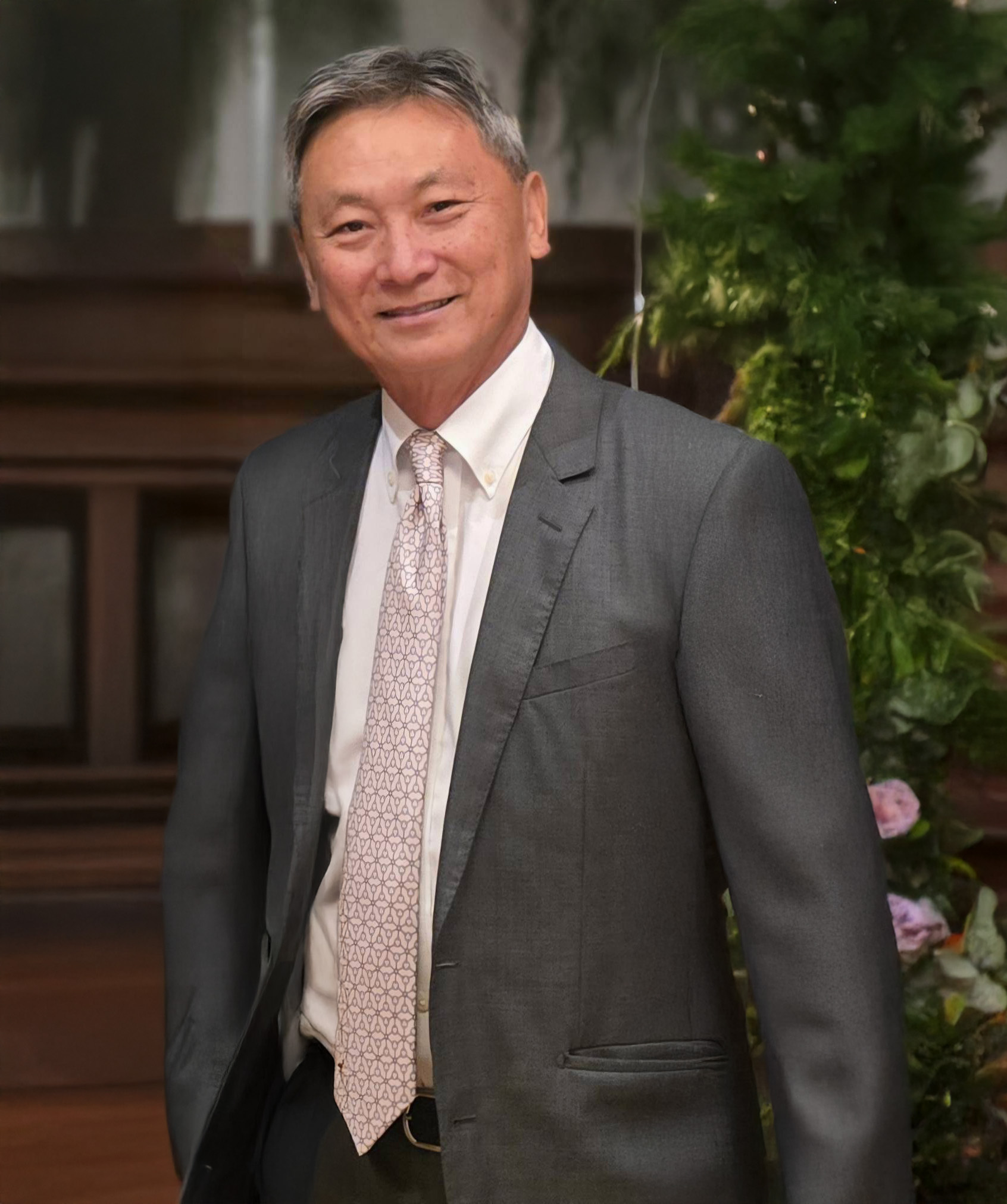

Dr. Vanus Taepaisitphongse: Legacy, Leadership, and Lessons from Building Betagro


In Thailand, an estimated 204,012 visually impaired individuals face significant barriers to education and entertainment due to the lack of accessible reading materials.While audiobooks offer a potential solution, existing platforms suffer from limited content, poor-quality recordings, and inadequate accessibility features. With this challenge in mind, a group of CMKL students and their advisor, Ajan Justin, launched the SONAR project—an AI-powered mobile application that converts physical books into audiobooks using Optical Character Recognition (OCR) and Text-to-Speech (TTS) technology.


Ultimately, this project isn’t trying to ‘fix’ screen time or pretend technology isn’t part of our lives, nor is it about creating the lesser of two evils where screen addiction is justified by good intentions. Rather, it’s about meeting people where they are by using the very same tools that often distract us to actually help us grow. The team recognizes that technology, in isolation, cannot drive meaningful change, but it can be designed to support the habits and mindset shifts that matter. As one student put it, “If it actually works and helps users, then it has a lot of potential.”


What sets GradeWise apart from existing solutions is its deep integration of AI, not just to expedite grading but to enhance the learning process itself. While other platforms focus on efficiency, GradeWise aims to provide personalized feedback, comprehensive student analytics, and adaptive learning insights.


PostureBuddy represents a promising step forward in addressing posture-related issues. Through continued collaboration and development, the team hopes to create a solution that has a lasting impact on personal health and well-being !

.jpeg)
End-to-End LLM BootCamp & AI GENESIS FESTIVAL 2025


“Digital nomads are a very special user group. They are not just tourists; they value enduring connections for networking or business purposes,” one team member noted. This insight influenced the platform’s design, shifting its focus toward community-driven features rather than just travel planning tools.


It all started with some alarming statistics. Drowsy driving causes nearly 20% of all car crashes in the U.S. alone. The team realized that the usual solutions—awareness campaigns, driver self-assessments—weren’t enough. They needed something that didn’t rely on people realizing they were tired. Thus, they built a dashcam that does the noticing for them. It records, analyzes, and alerts, using AI to detect signs of fatigue like heavy eyelids and head nodding before it's too late.

.png)
Med-D shifts in how medical data is managed. By giving patients control over their records, using blockchain for security, and exploring AI for future enhancements, the team is setting the stage for a more connected and efficient healthcare system in Thailand.


Dream Big, Never Give Up: A Journey of Resilience and Success